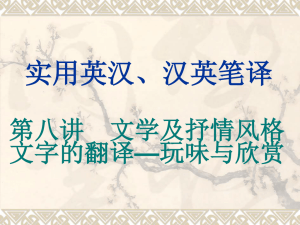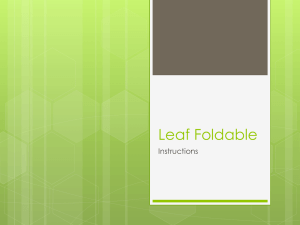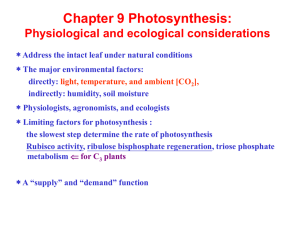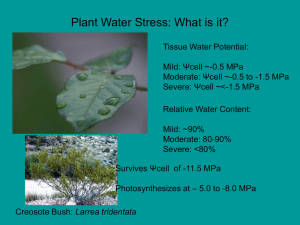LEAF SPRING - 123SeminarsOnly
advertisement
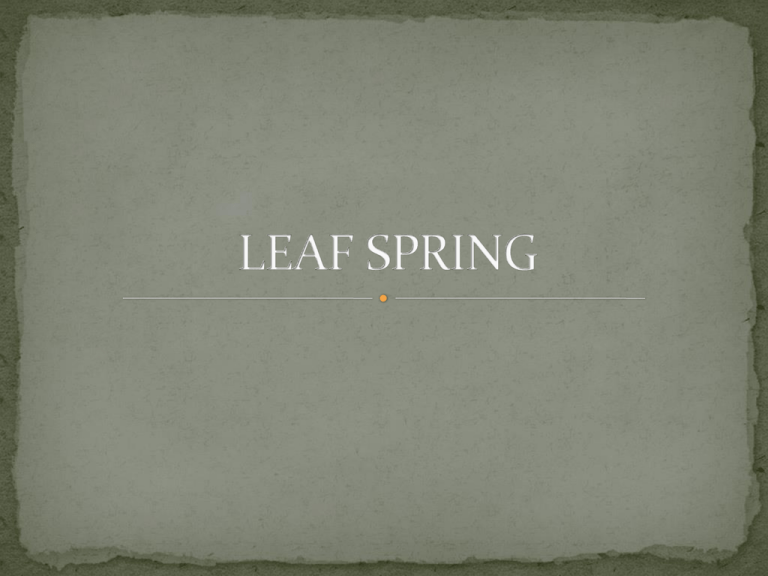
A leaf spring is a simple type of suspension spring commonly used in heavy duty vehicles. The advantages of leaf spring over helical spring is that the ends of the spring be guided along a definite path as it deflects to act as a structural member in addition to energy absorbing device. Double eye Slipper-open eye end Slipper-hook end Slipper-flat end Slipper-radius end Leaf springs used in automobiles is of Semi-Elliptical in form. It is built up of number of plates(known as leaf) , which are of reducing lengths. The longest leaf is called main leaf or Master leaf, And the other leaves are called as graduated leaves. The spring is clamped to the axle by means of U-bolts. Rebound clips are used to hold the leaves together. Central clamp is used to fix the position of leaf spring to the wheel axle. The different types of manufacturing process involved are: Shearing of flat bar Center punching End Heating process forming (hot & cold process) Heat treatment Surface preparation Eye bush preparation process Assembly Width (mm) : 25-80 mm in steps of 5mm Thickness (mm) : 2-8 mm in steps of 1mm, 10-16 mm in steps of 2mm The materials used for leaf springs is usually a plain carbon steel having 0.90 to 1.0% carbon. According to Indian Standards the Recommended Materials are: For Automobiles : 50 Cr 1 , 50 Cr 1 V 23 , 55 Si 2 Mn 90 , used in Hardened and Tempered state. For Rail Road Springs : C 55(water-Hardened , C 75-Oil hardened) , 40 SI 2 Mn 90 (Water Hardened) and 55 Si 2 Mn 90 (Oil hardened) Bending Stress in each plate of the leaf spring: B= 6WL/(nbt ̂2) Deflection of the plate: δ=4WL ̂3/(nEbt ̂3) Now-a-days industries are trying to reduce the weight and increase the strength of leaf spring for efficient suspension. ARC Composite carbon fiber is the best material suitable for the above required criteria. This material has less weight and high strength when compared to the materials using in the leaf springs using in nowadays leaf springs. 1) Specifically made to give effects like Air Suspension with out any extra external energy(Fuel) 2) No permanent deformation hence no re-cambering, thus no maintenance. 3) Minimum wear and tear of body parts and tyre due to delicate tendency of absorbing road shocks, jerks and vibrations. 4) Softer ride, Lower noise level, excellent stability due to better damping characteristics. 5) Excellent corrosion resistance against atmospheric pollutants. 6) Five times stronger than conventional metal leaf springs. 7) Fully interchangeable with the conventional spring without any modifications. 8)Increase in fuel efficiency due to better aerodynamics and around 60% weight reduction. 9) No cracking sound since mono leaf and hence no inter-leaf friction and no greasing required. 10) Fatigue life 1 million cycles as compared to only 2 lacks for the metal leaf springs.

